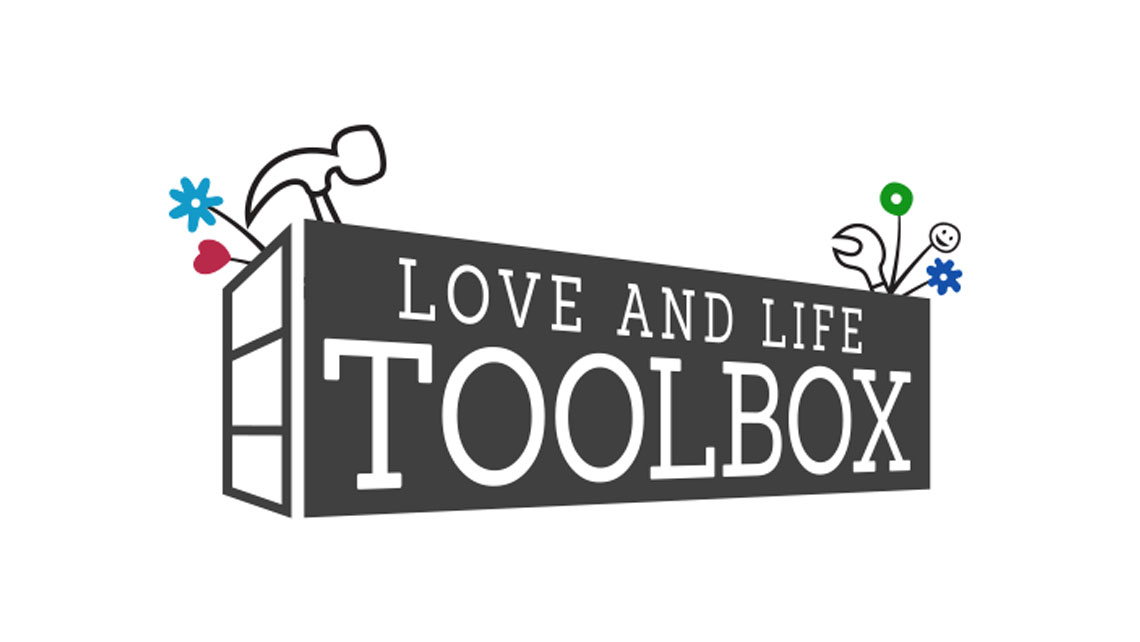OUR BLOG
A Toolbox for Cultivating Joy & Authenticity in the Present
Often times we find ourselves living in the past or anticipating dreadful events in the future while remaining disconnected from the present.
We suffer and then we suffer some more because we worry that we are suffering and so it becomes an invisible prison of our own creation. What makes it more complex is that most of our reactions, thoughts and feelings develop from an unconscious place in our mind. Our mind generates thoughts and we accept them as facts and react accordingly. In the process we create more suffering for ourselves and then look for ways to escape the suffering often leading to unhealthy behaviors to sooth ourselves and to avoid the pain of suffering. Unfortunately, maladaptive ways of soothing ourselves which can include use of drugs, alcohol, love, sex, porn, food, internet, television, drama or whatever we can conjure up to avoid the pain will more than likely inevitably lead to more pain the very thing we were trying to escape.
Our history plays a crucial role in this process, which can make remaining in the present moment and not being hijacked into the past or an anticipated dreaded future much more difficult. If we lacked “good enough” parenting as children or worse, we may have not learned to feel safe or secure in our own skin. We may have difficulty soothing ourselves and be much more reactive rather than responsive in the present moment. Reactiveness rather than responsiveness frequently creates more pain in our lives. Additionally, if we were not “seen” as children meaning our emotional lives were not attended to in our childhood by our caregivers, we may opt to interpret the suffering as evidence that we are not worthy, not lovable, not enough. It is surprising how many of us live with these universal feelings and negative beliefs about ourselves buried in our unconscious and often driving the bus of our lives through our perspectives, reactions and decisions, which in turn creates the life we live on a daily basis.
Living in the present is the greatest gift we can give ourselves. It is a process that requires cultivation like a garden. To mindfully cultivate the garden, we need tools to help us develop responsiveness to the present rather than reactiveness based on past pains or future worries. When working with my clients, I encourage the use of tools that cultivate the ability to be present. The tools are based on learning to accept that thoughts are not facts, and that we can become the observer of our thoughts and feelings, which can improve our ability to be responsive rather than reactive. We explore and practice the use of tools to help regulate physiological responses through breath work and meditation. And most importantly, we learn to use the tool of self-compassion because if we are constantly beating ourselves up, it is difficulty to cultivate a space for healing and growth.
These tools help us to feel grounded in the present moment. They build inner resources that help us sooth ourselves and foster feeling secure in our own skin, which in turn provides a safe place for us to explore and heal from the pains of the past and the anticipation of future pain in a manner that is more responsive and tolerable. The practice of learning to live in the present encourages the cultivation of responsiveness rather than reactiveness, which in turn supports the creation of a more authentic and joyful life experience.
